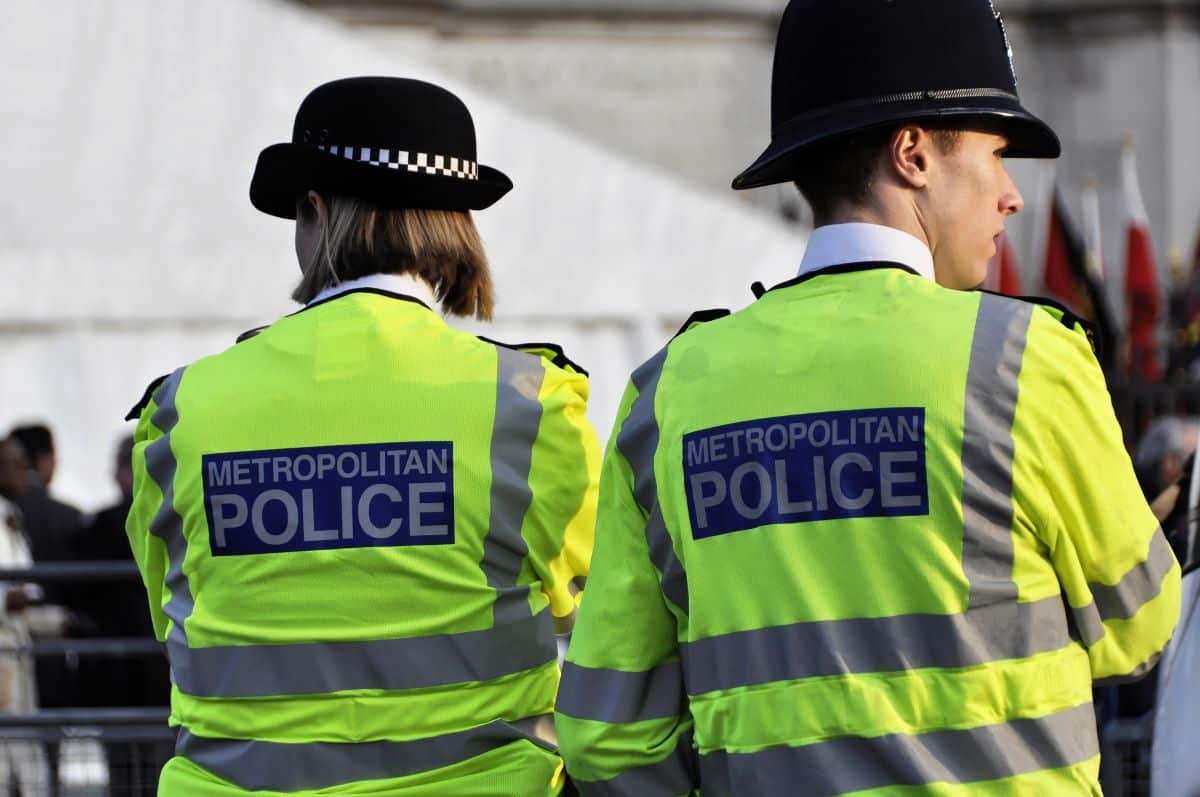As cannabis farms increasingly exploit the UK’s deserted high streets, law enforcement faces a growing battle against organised crime’s latest urban takeover. Here’s the full story.
High Streets’ Final Death Knell

The economic downturn that began during the COVID-19 pandemic was the final death knell for many high-street shops in the UK’s already decimated high streets, where empty shopfronts and disused offices have become the norm.
Rise of Illegal Business

However, the decline of some businesses on the UK’s high streets has seen the rise of another illegal business, which is, in some cases, worth millions of pounds.
Fertile Ground for Cannabis
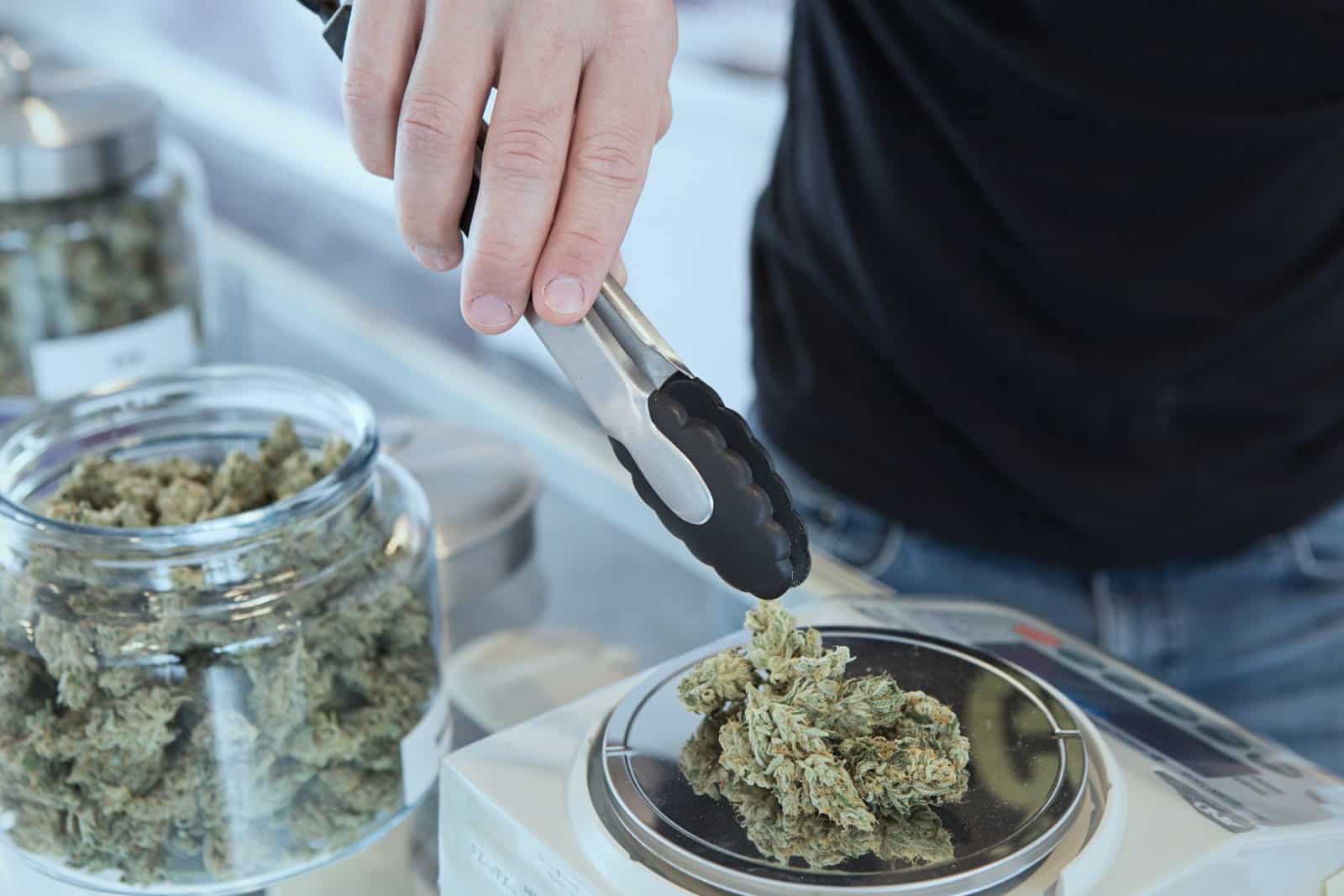
In bad news for the police but potentially good news for the millions of Brits who regularly smoke cannabis, many of these empty commercial properties have provided fertile ground for illegal cannabis farms to grow and thrive.
Urban Decay and Crime

As businesses shut up shop, organised crime groups have established large-scale growing operations amidst the urban decay, creating a growing challenge for law enforcement as these criminal activities create significant economic, social, and safety concerns.
Large Footprint for Farms

Chief Constable Richard Lewis, the National Police Chiefs’ Council (NPCC) lead on drugs, told the BBC, “Commercial properties are attractive to organised crime groups for a whole host of reasons. Large scale shops have closed down and therefore the footprint to produce cannabis on a larger scale becomes available.”
Ghost Towns, New Opportunities
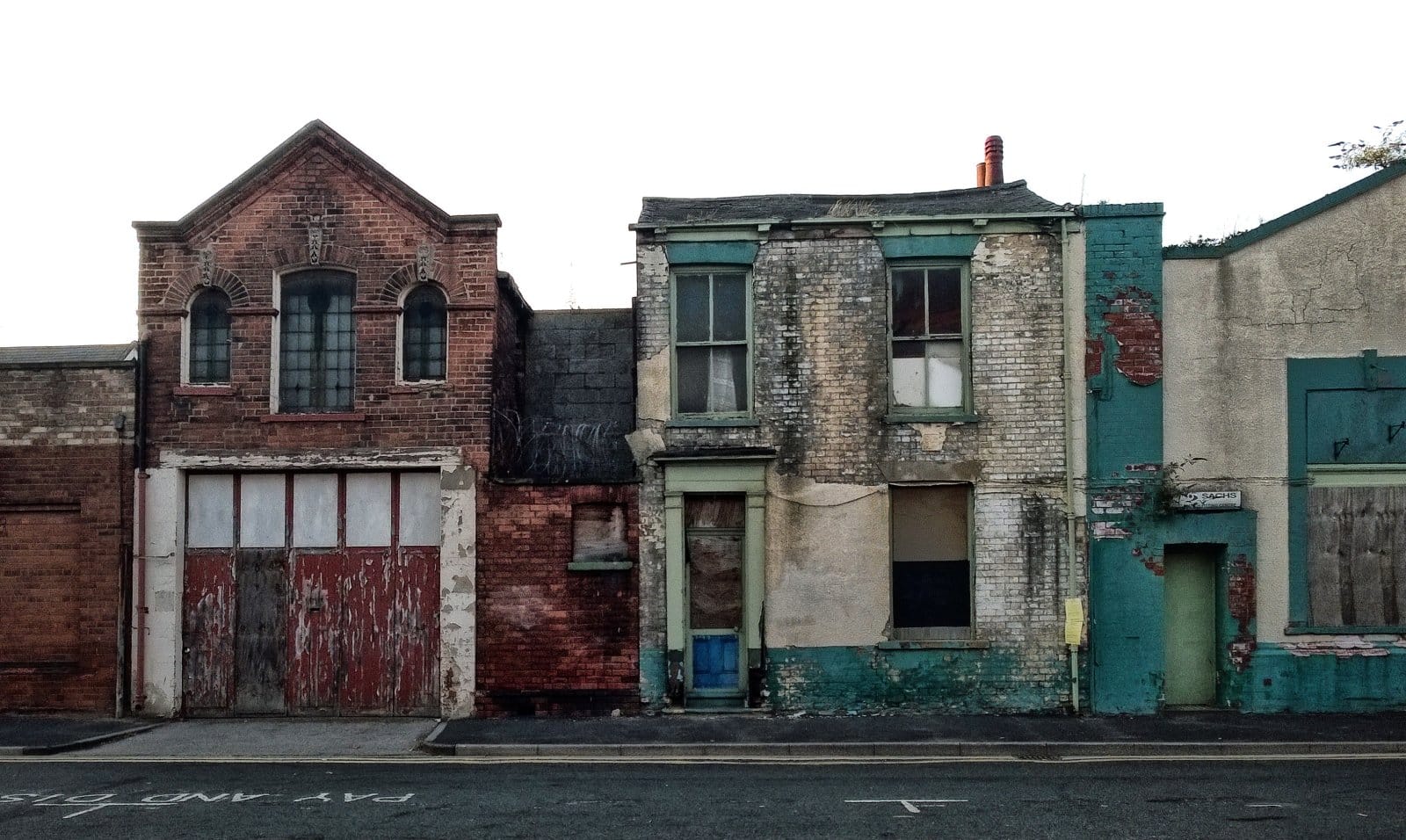
With many city and town centres becoming ghost towns in the evening, cannabis farms have sprouted, safe in the knowledge there would be fewer people to notice their activities. Lewis noted, “You don’t see large numbers of people in the evening anymore… neighbours in residential properties would notice things more readily.”
Farms in Unexpected Places
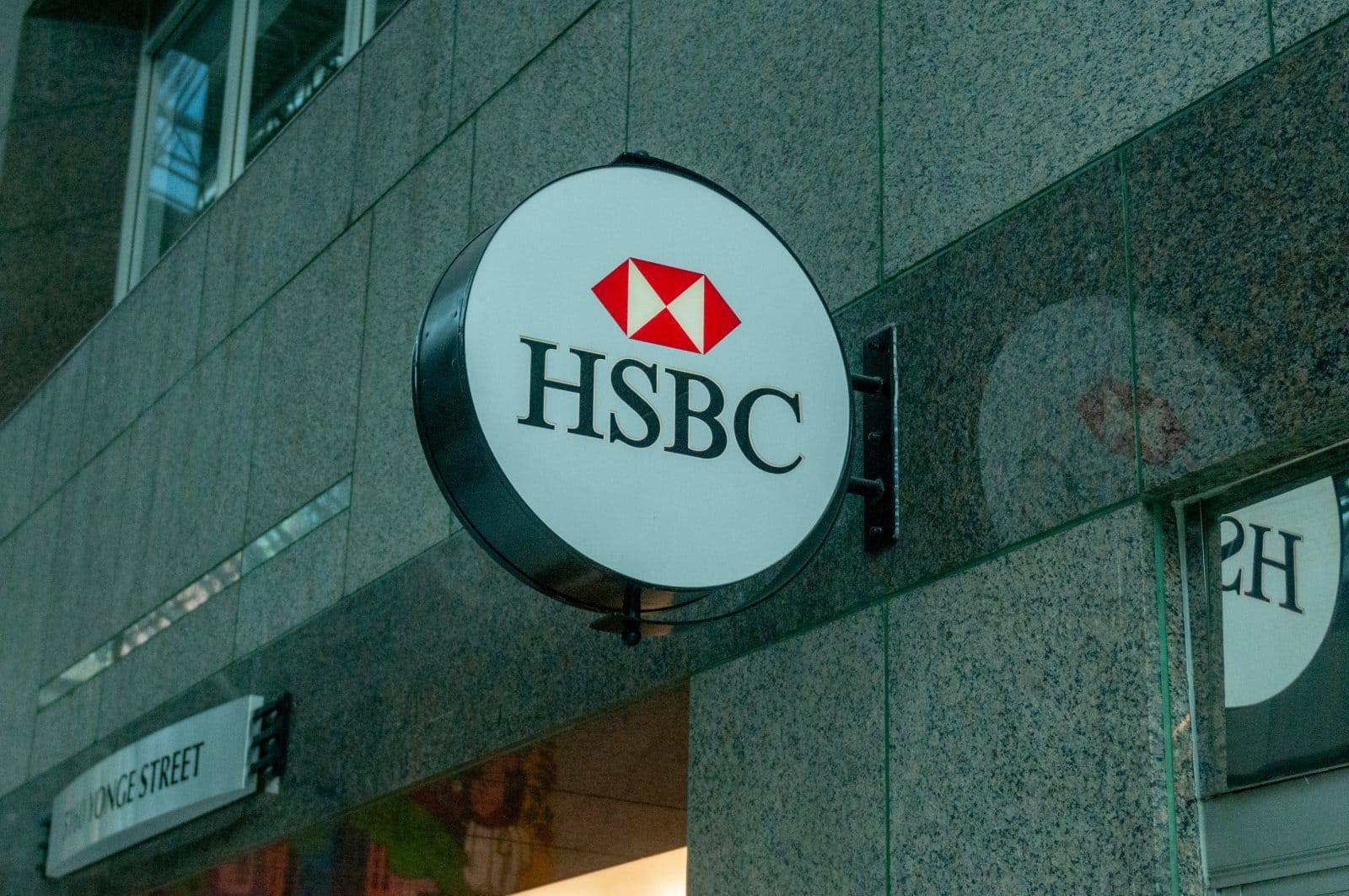
Large-scale cannabis farms have been discovered in various types of buildings, including former department stores, toy shops, and even, in one striking case, an abandoned HSBC bank.
Multi-Million Pound Operations

In the case of the former Wildings Department store in Newport, South Wales, which closed its doors for good in 2019, the street value of the cannabis grown in just that one building was estimated at an eye-watering £2 million.
Organised Crime’s Big Scale
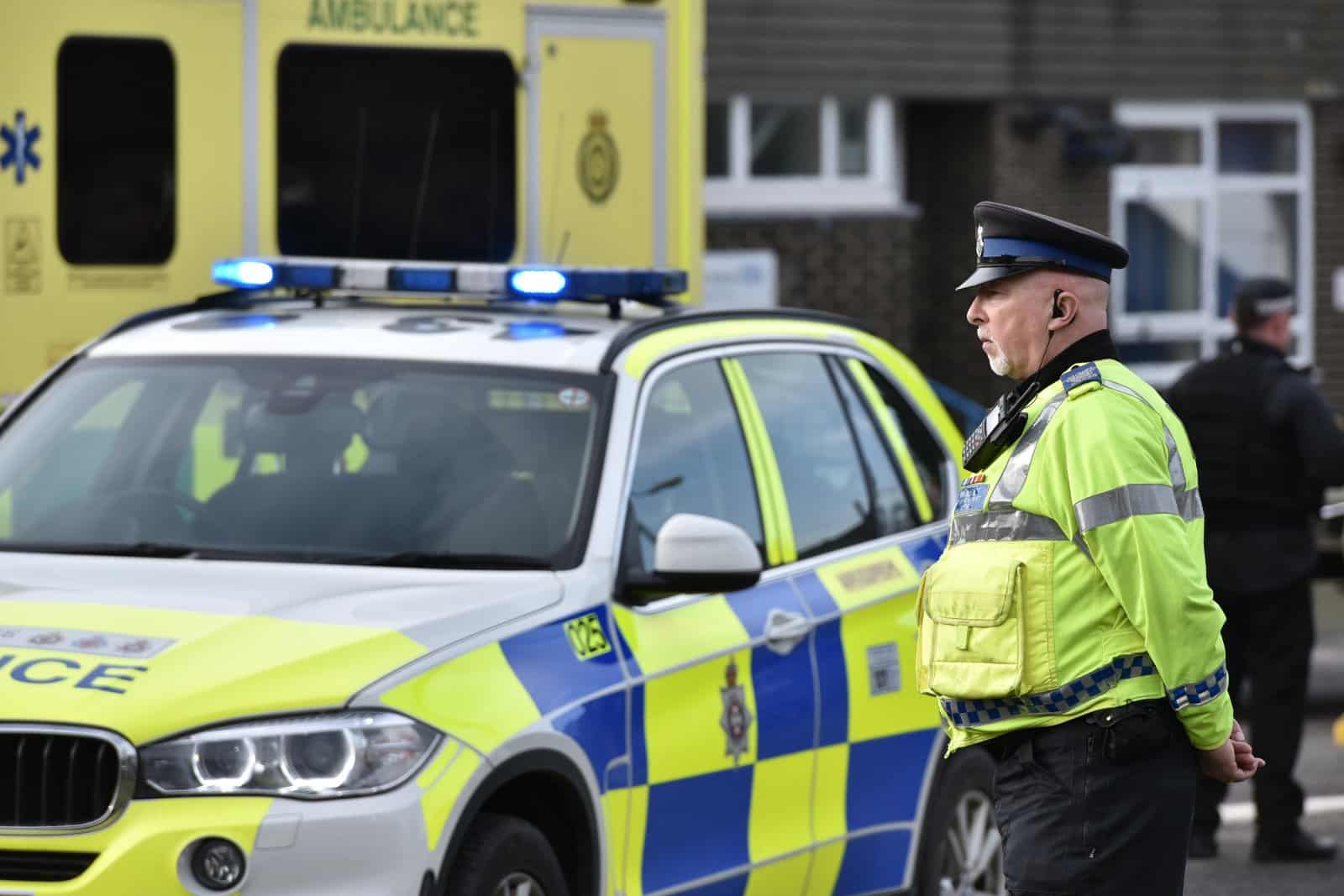
Sgt Dan Wise of Gwent Police, the force which discovered the former department store cannabis growing operation, stated, “It was done over several floors over many levels, and clearly would have taken some time to set up. Let’s be brutally honest, we’re talking organised crime groups here and the ability to operate on a much bigger scale and level.”
Intensified Police Crackdown
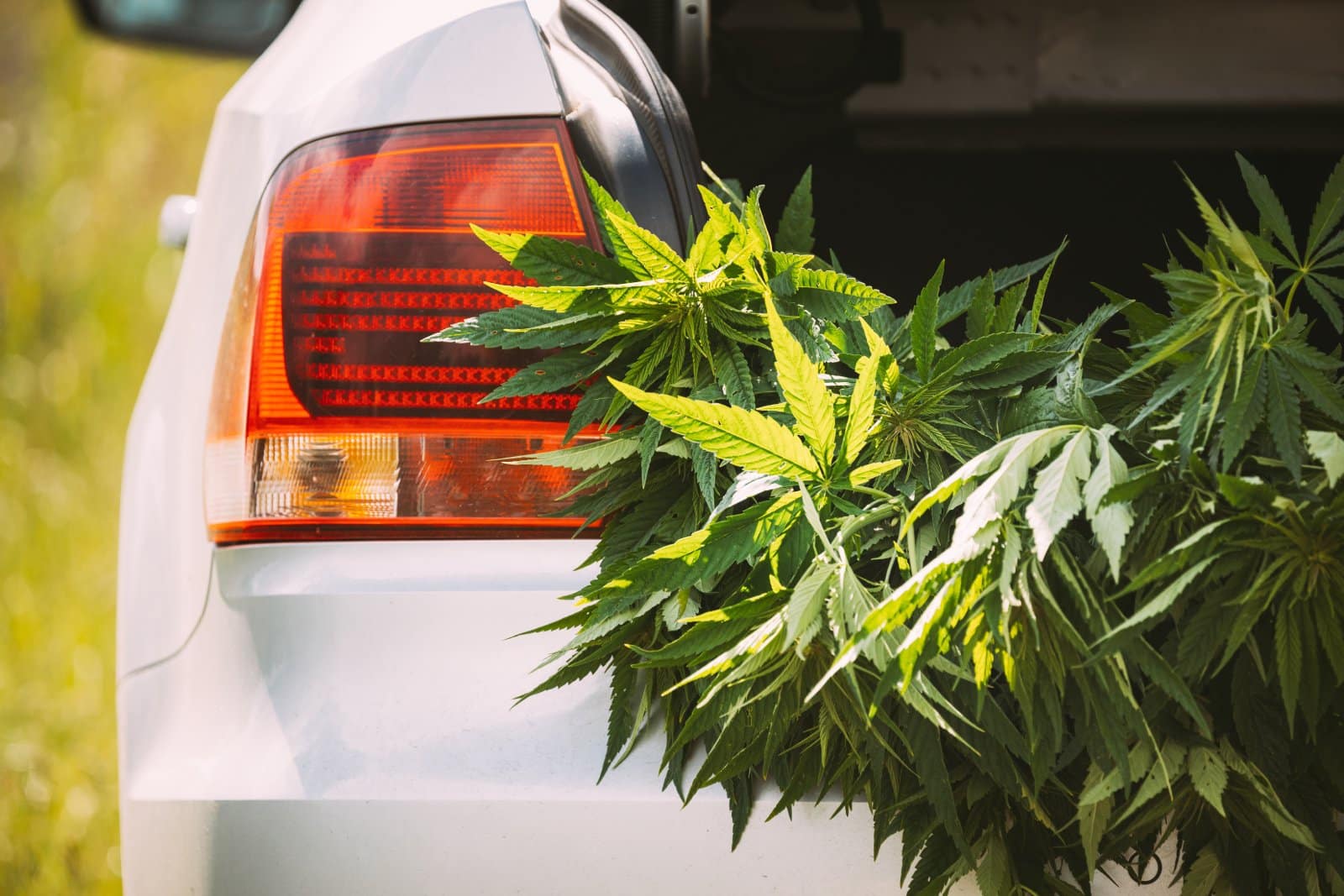
In response to the growing threat posed by cannabis farms, police forces across the UK have intensified their efforts to shut down these operations. Last year saw a major crackdown, with over 1,000 cannabis farms raided, the same number of suspects arrested and over £130 million worth of plants seized.
Operation Mille’s Success
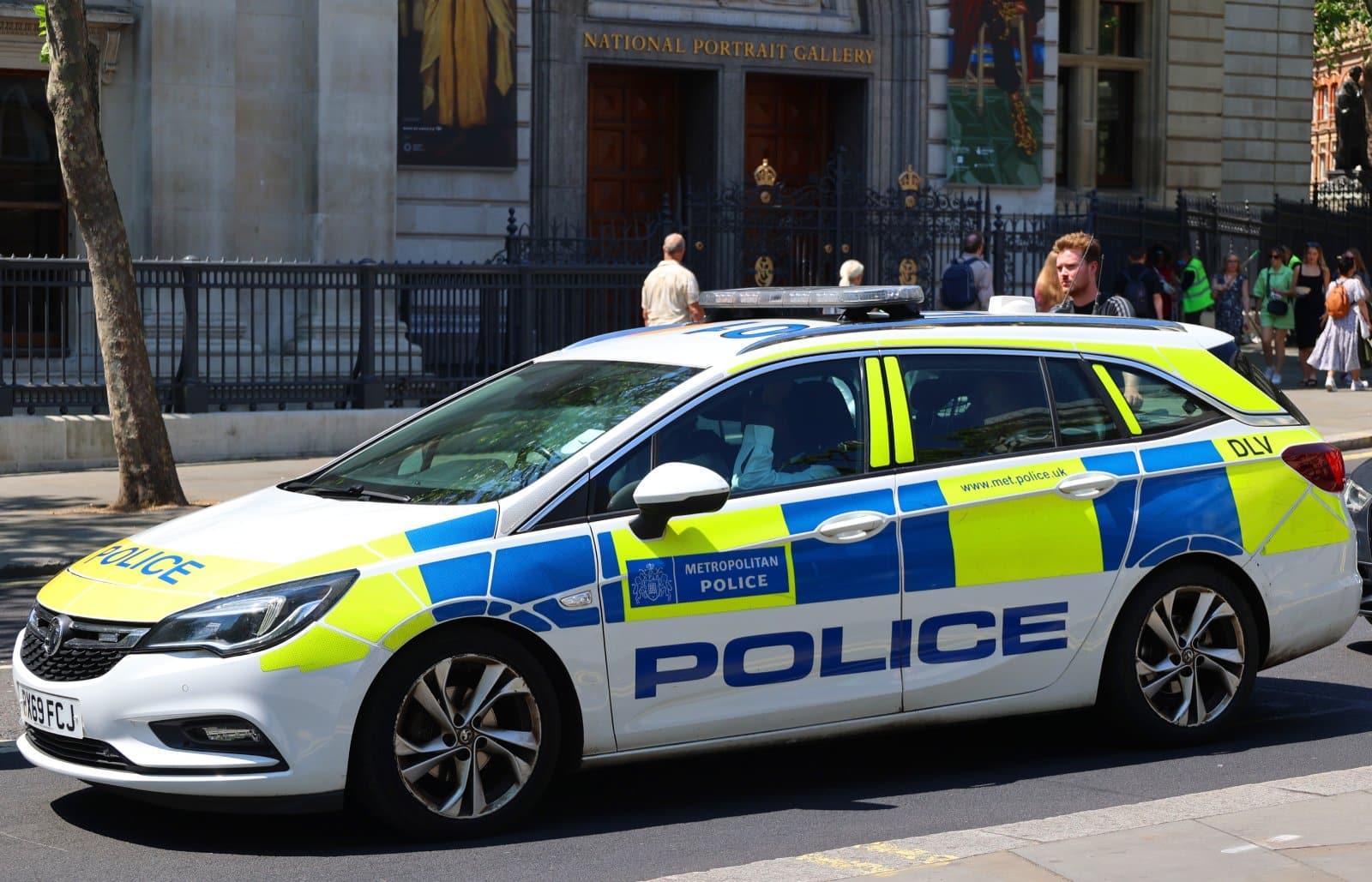
This was part of a broader national initiative, Operation Mille, which involved every police force in England, Wales, and Scotland, along with 11,000 officers, and resulted in the seizure of 200,000 cannabis plants, along with a significant amount of cash, weapons, and other illegal items.
Beyond Targeting Growers
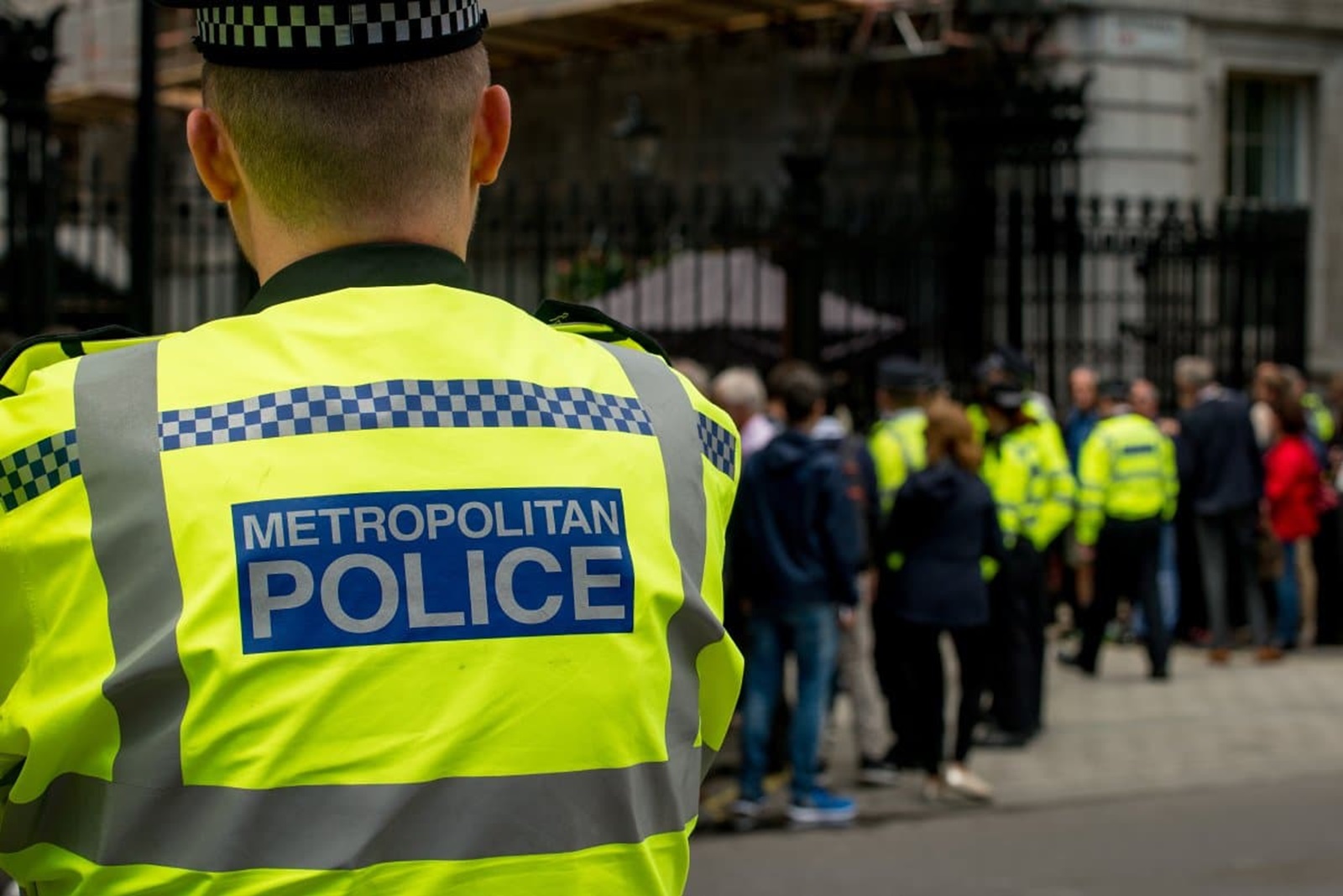
Police have warned that considering the size of these growing operations, they will no longer be content with arresting the growers themselves.
Complicit Individuals at Risk
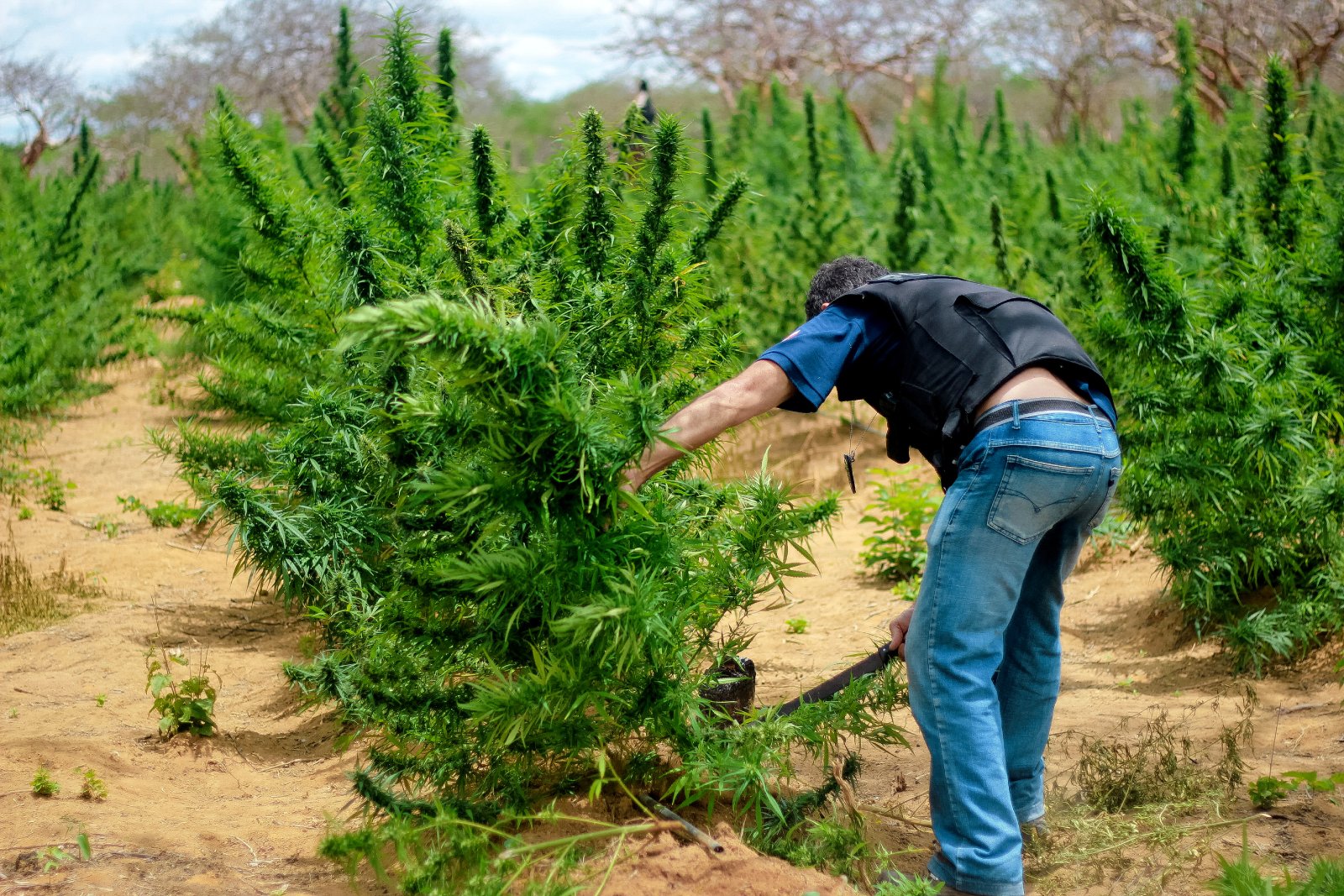
Setting up cannabis growing operations at this scale involves many individuals, from landlords, estate agents, and tradespeople responsible for converting the buildings into cannabis farms, who, according to police, “turn a blind eye” to the illegality of the operation to make a quick buck.
Prosecuting the Enablers

The NPCC has already prosecuted several individuals in connection with these activities. Lewis acknowledged that while the majority of tradespeople in the UK perform their duties lawfully, there is a “small minority” who are involved in facilitating illegal cannabis production.
Landlords Prosecuted

Lewis added, “We’ve also prosecuted landlords of these places who at best may be turning a blind eye to what’s happening.”
Public Urged to Report Signs

Police have urged the public to keep their eyes open for any telltale signs that a former commercial property may be being used to grow cannabis. Such signs can include taped windows, bright lights shining at odd hours, and the presence of tents outside buildings, which, due to the lights used to grow the plants, are too hot to be inside for long.
Daunting Task for Police
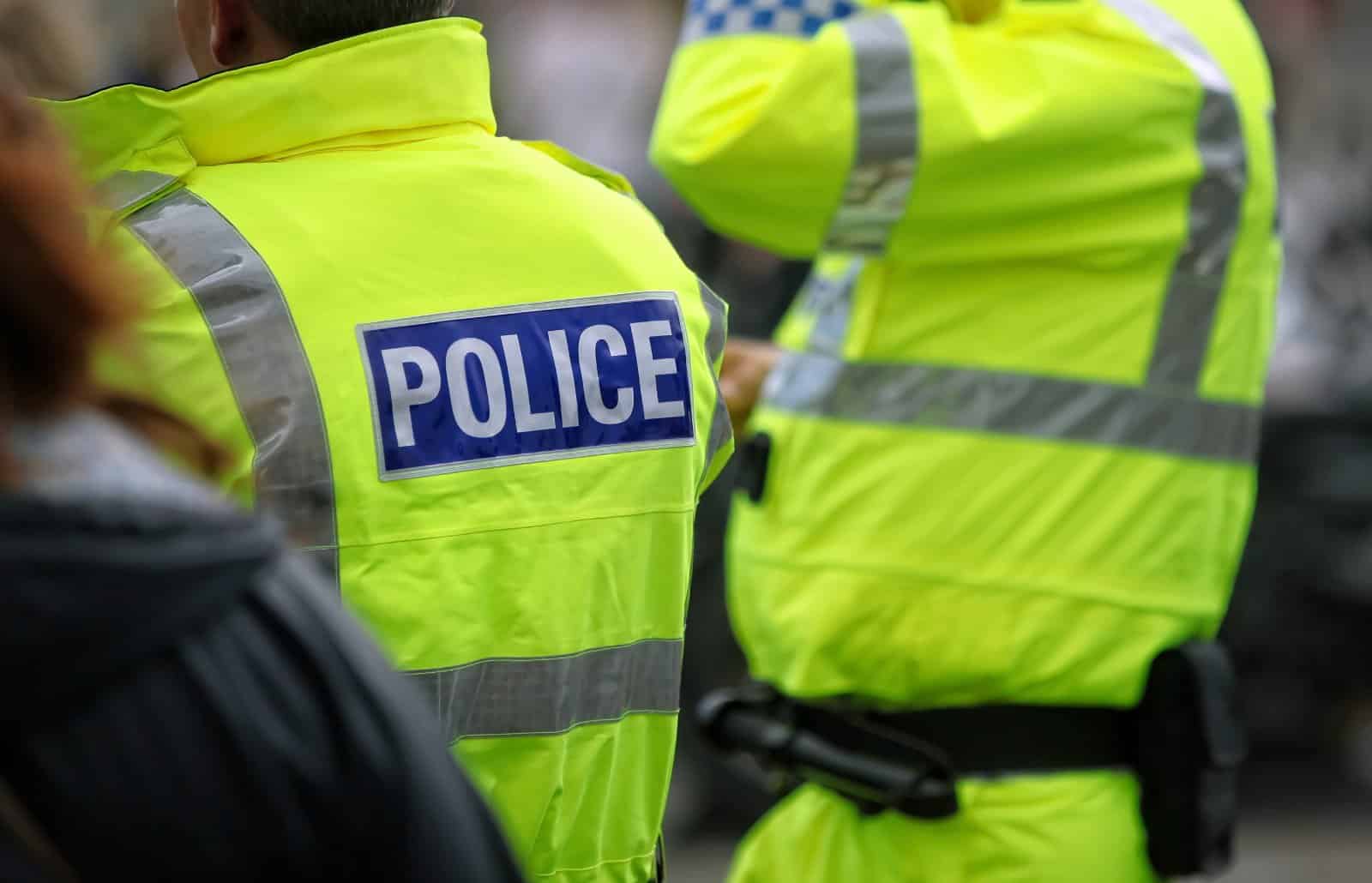
However, the police are facing a daunting task. While law enforcement agencies ramp up their efforts to combat this rapidly spreading underground activity, the simple fact remains that cannabis, according to the Office for National Statistics, has, since 1995, been the most commonly used drug in the country.
Organised Crime and Demand

The growing demand for cannabis will lead to organised crime taking riskier and riskier steps to feed a market whose demand seems insatiable.
Legalisation: A Sensible Option?

With the police clearly losing the war on drugs, it remains to be seen if other more sensible options, such as the legalisation of cannabis, which has worked so effectively in parts of the US and Europe, will ever be put on the table or whether the police’s Sisyphean task of tackling cannabis sales will continue.
Featured Image Credit: Shutterstock / Thomas Dutour.
The images used are for illustrative purposes only and may not represent the actual people or places mentioned in the article.

